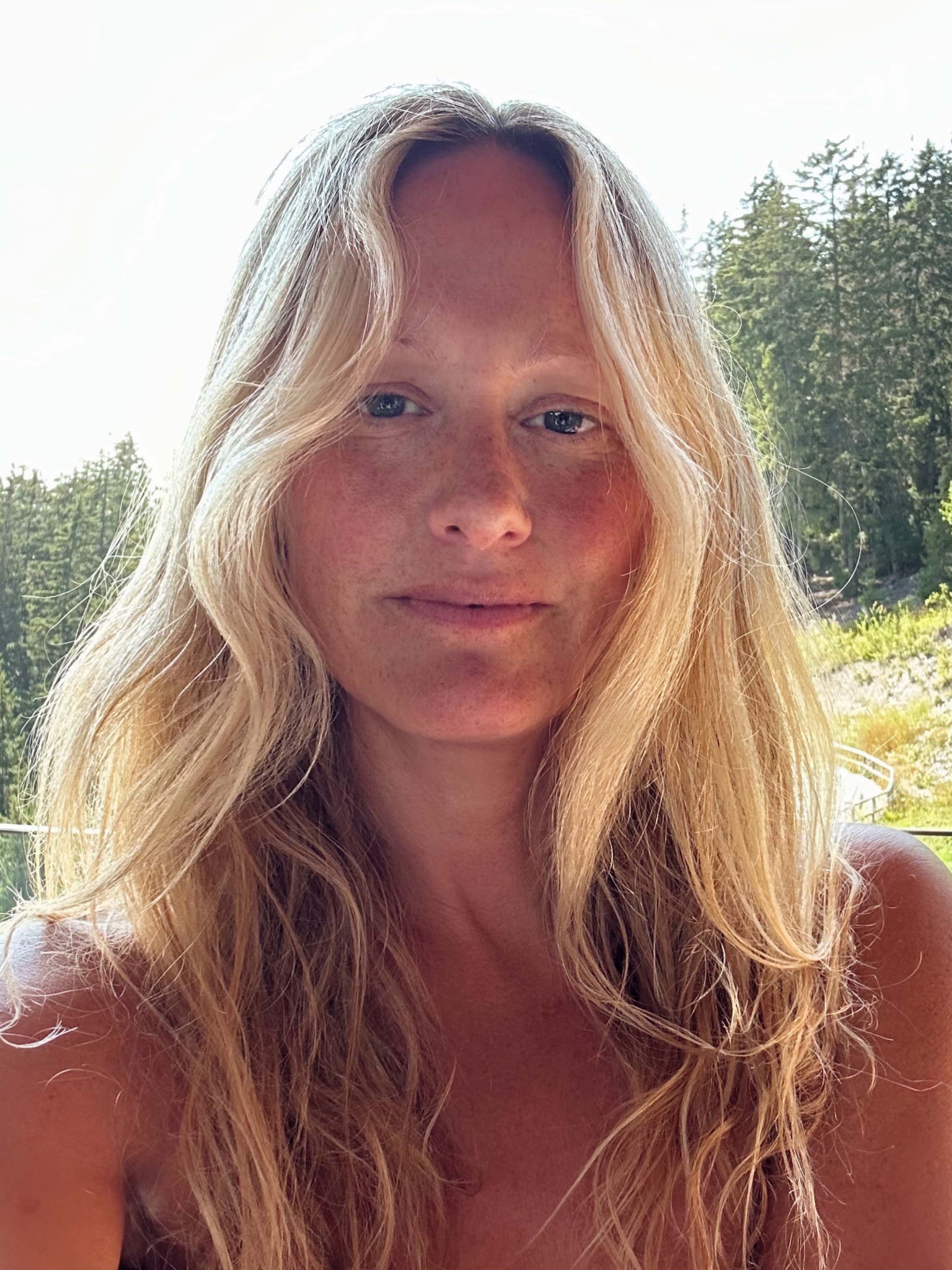The best music to calm coronavirus anxiety and help you sleep
“Stress is a protective mechanism, it puts our mind and body into a high state of alertness, in readiness to deal with a perceived threat - and this doesn’t just switch off at bedtime,” says Dr Alison Gardiner, Behavioural Psychologist at Sleepstation.org.


Celebrity news, beauty, fashion advice, and fascinating features, delivered straight to your inbox!
You are now subscribed
Your newsletter sign-up was successful
“Stress is a protective mechanism, it puts our mind and body into a high state of alertness, in readiness to deal with a perceived threat - and this doesn’t just switch off at bedtime,” says Dr Alison Gardiner, Behavioural Psychologist at Sleepstation.org.
Frustratingly, the effects of a poor night’s - or many poor night’s - sleep, are far-reaching. It can make us more vulnerable to stress, reactive, prone to anxiety, and susceptible to illnesses thanks to its relationship with immunity.
So how can we use music to get a good nights sleep?
“Specifically designed music can help our body shift out of ‘stress response mode’ and into relaxation state to promote the neuro-chemical conditions that induce deep restorative sleep,” says sound practitioner Fabio Garces, creator of Sonic Enchantment.
“Through a process of brainwave entrainment, certain frequencies can help the brain shift out of the analytical mental state into theta and delta states which are associated with relaxation and deep sleep. The body then experiences physiological changes that get you into “sleep mode” – lower heart rate and blood pressure, slower breathing and melatonin production,” he says.
As with many sleep prompts like aromatherapy or stretching before bed, some of the efficacy of sleep music lies in the routine element, and using it consistently will augment the effects. Our Beauty and Style Director, Lisa Oxenham, and wellness journalist Madeleine Spencer, recommend these:
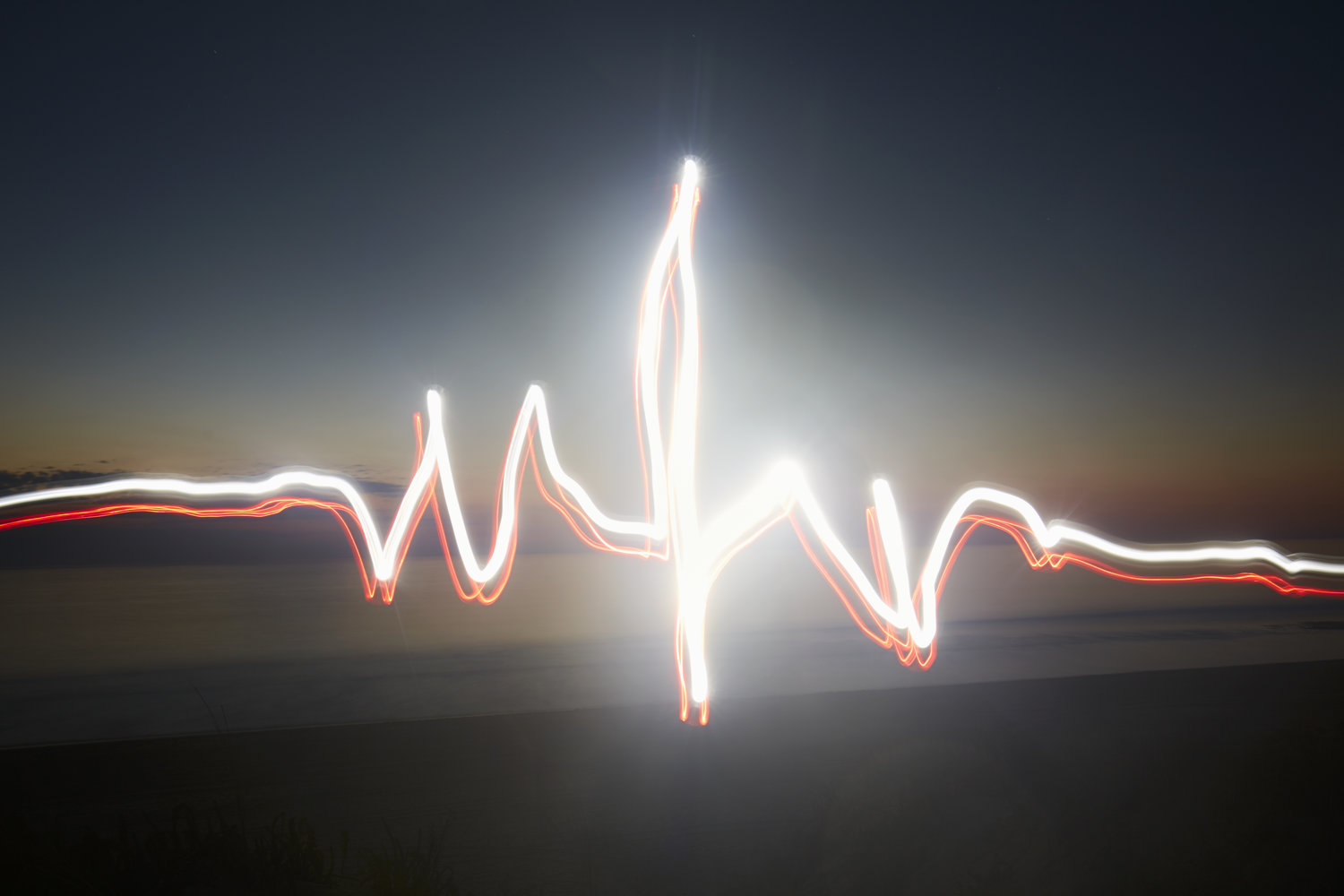
Get to sleep and stay asleep
'My favourite all-rounder has been produced by Denise Leicester, founder of organic skincare brand Ila and Soul Medicine. She believes that vibrational remedies through music will be 'a medicine of the future'. Soul Medicine's mindful sleep music tracks and meditations are intended to foster deep relaxation to boost inner harmony, reduce stress, and aid sleep.
The secret to these tracks is the 432MHz resonance; a frequency which has been scientifically proven to have a significant biological impact on the human body. Denise partnered with Doctors Zulia Frost, Cori Carter and Lesley Parkinson to conduct research that found it boosts the parasympathetic nervous system - our 'rest and digest’ system, which works at its optimal when we're relaxed. The delta waves it encourages cause sleep to be restorative, allowing for rest and rejuvenation. Additional brain activity indicated include immune regulation, focus, mental clarity, and a decrease in blood pressure. As well as increased white blood cell activity (which protect the body from infectious disease, so immunity-boosting), increased oxygenation and circulation of red blood cells.' - Lisa Oxenham
Download Being Held – a complimentary sound for all of you. Further tracks can be bought and downloaded (individual tracks - around 20 mins each: £6. Album: £20)
Beat stress before bed
‘I find that if my thoughts whirr before I go to bed, I’ll have a really broken night’s sleep. It doesn’t help that anxiety thinking patterns can feel self-perpetuating - so breaking the cycle is crucial. I find using the BW Studio app during those situations before I go to sleep really helpful. It uses isochronic tones in various frequencies to lower stress. My favourite one is the ‘quick stress relief’ session, which takes the brain from frantic beta waves, which are associated with wakefulness and productivity, and moves it across to theta. These occur when the mind is in deep relaxation. I listen to this to switch my brain off before sleep, or any time I find panic has come and hijacked my day.’ - Madeleine Spencer
Getting quality sleep
‘I’ve spent the last few weeks exhausted and waking up very early with the feeling like I haven’t slept at all but music has helped with deeper sleep and staying asleep for longer. There are endless playlists on Spotify to choose from but for light sleepers like me anything lyrically focused is strictly forbidden (the human voice can be very disrupting). It’s best to stick to mellow, slow, classical music - nothing that will jolt your mind to waking up. I have found the violin, organ, electronics and synthesizers courtesy of Max Richter’s eight-hour long “Sleep” (on Spotify) has upgraded my sleep health. It also helps my daughter Eliza to snooze through the night (how can I ever repay you?). Richter spoke to the neuroscientist David Eagleman when making it, and found that the cognitive mental processes going on while sleeping relate to our waking life. So listening to calming music has a knock on effect.’ - Lisa Oxenham
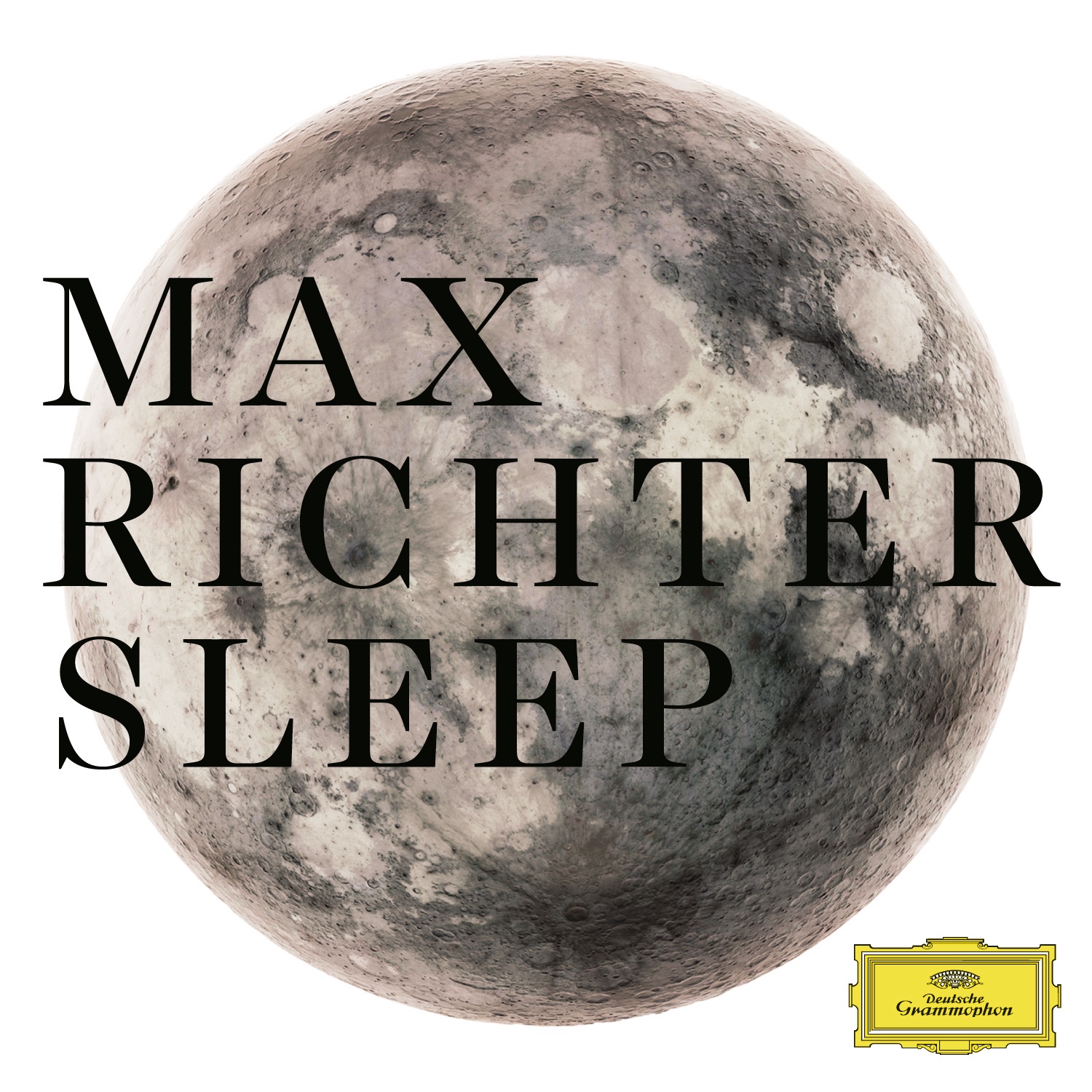
Set the mood for sleep
‘If like me setting the mood and ambience for sleep is important, you might find the BBC Sounds Night Tracks really helpful. I generally put them on when I’m cleaning my face, then hop into bed and maybe spritz a good pillow spray around the room before letting the music soothe me as I read my book. There’s an absolutely huge selection of tracks, so you can find one to suit you. Let it become your bedtime lullaby whenever you need a bit of help.’ - Madeleine Spencer
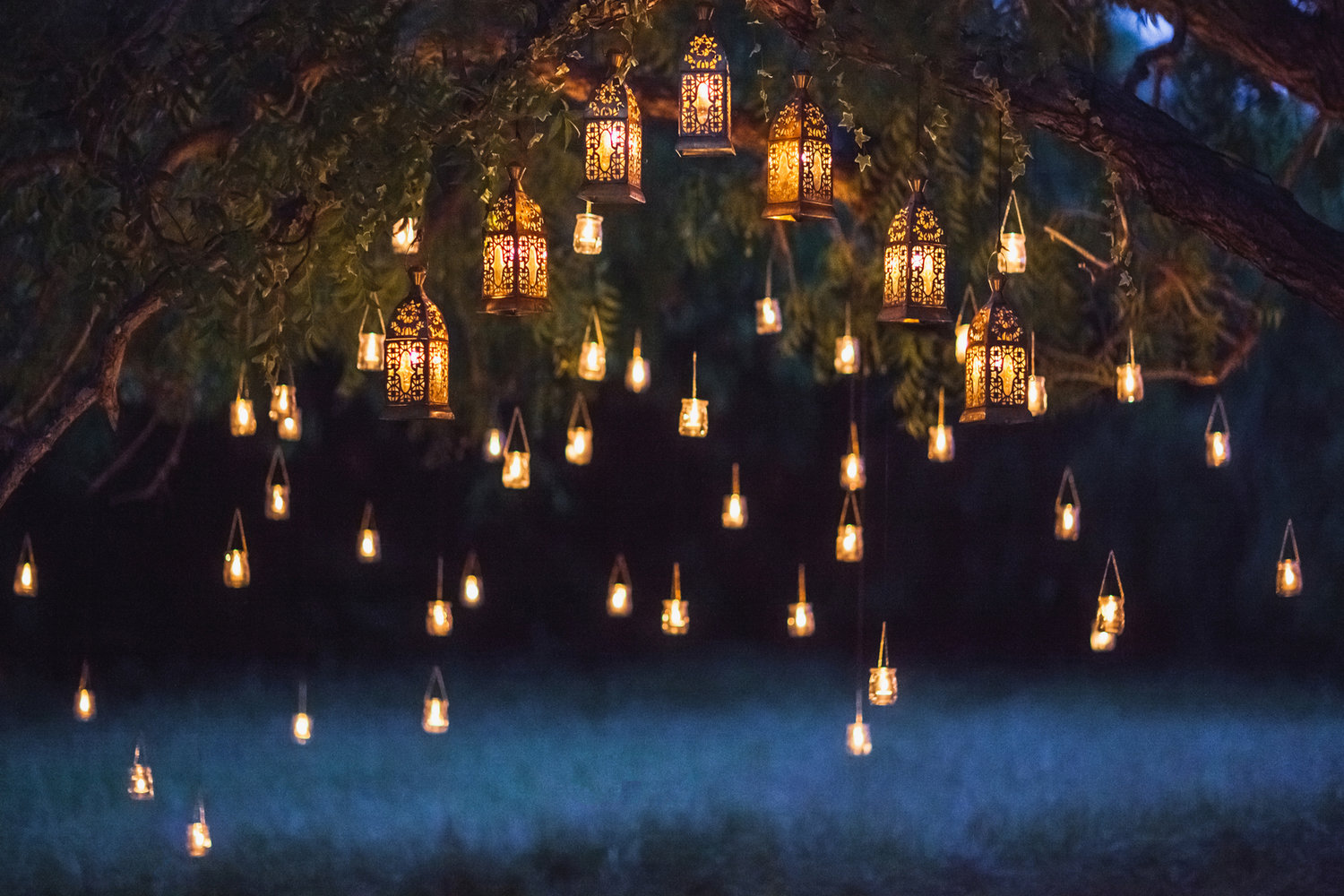
Monitor your sleep
‘If you want to know how you slept through the night, the Sleep Cycle app is for you. It tracks your sleep patterns and provides tips to optimize your snooze time. Plus, it has an alarm clock that gently wakes you up when you're in your lightest sleep phase so you'll wake up feeling refreshed. This has significantly changed my morning mood when I need an alarm to wake up. Just keep in mind that no sleep tracker is 100 percent accurate so if you're really struggling, you may need to see a dedicated sleep specialist.’ - Lisa Oxenham
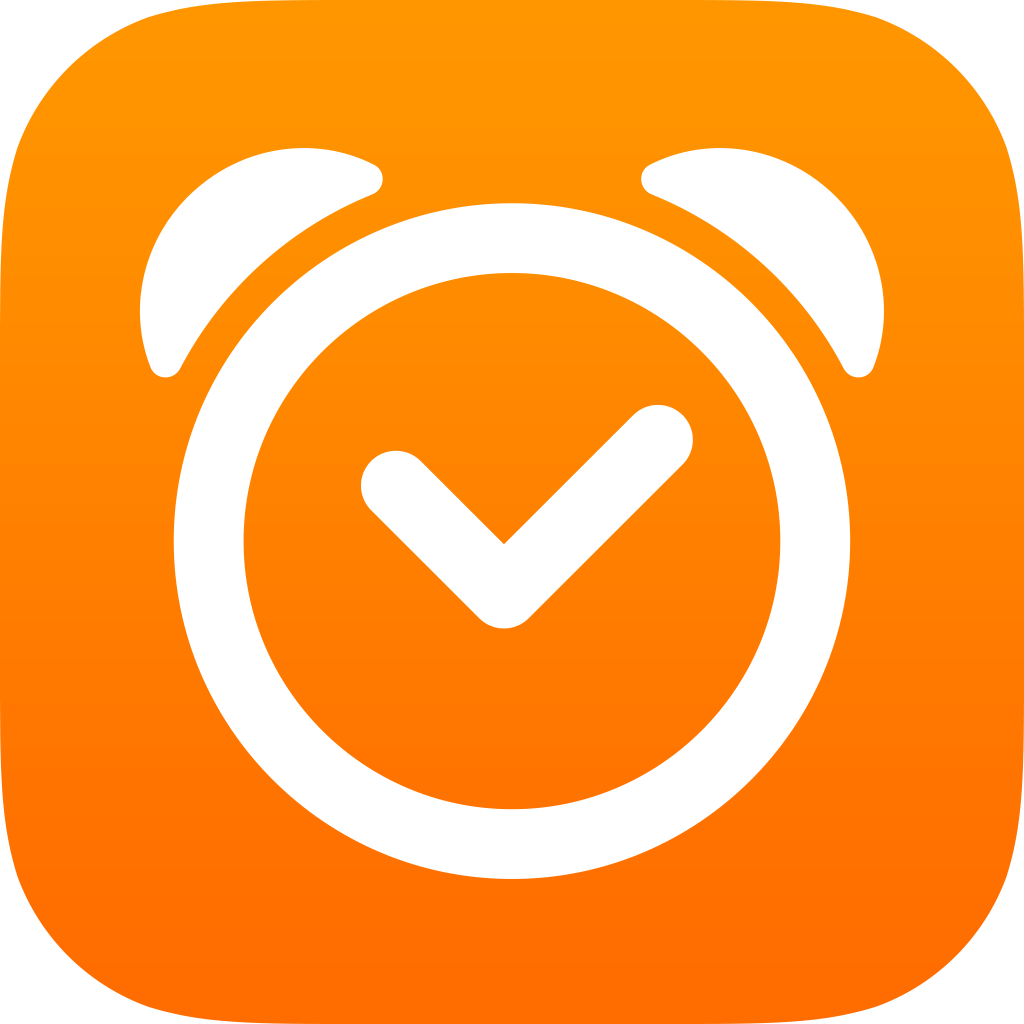
Sleepstation SOS
If you're worried or just need someone to talk to Sleepstation can help. Their team is trained to help people to manage worry and anxiety as well as sleep problems. The Sleepstation service is free on the NHS in England and is also available through employer wellbeing services. They are expanding the support they offer over the coming days to provide additional services for key workers and those who may be isolated. They will also continue to provide evidence-based guidance.
Celebrity news, beauty, fashion advice, and fascinating features, delivered straight to your inbox!
Lisa Oxenham is a trailblazing beauty editor, journalist, stylist, and creative director with over 20 years of transformative impact in the beauty industry. As the Beauty and Style Director at Marie Claire UK, she orchestrates high-profile shoots with celebrities and influencers, creating visually stunning and globally resonant content.
A passionate advocate for sustainability, Lisa serves on the Advisory Board for the British Beauty Council's Sustainable Beauty Coalition and the Media Advisory Board. She is also an ambassador for the Soil Association certification and the Amazon Research Institute. Through her "In The Loop" column, she keeps readers informed about the latest advancements in sustainable beauty and supports brands that champion environmental causes, emphasising the need for the beauty industry to reset its priorities.
Lisa's influence extends beyond words; she directs inspiring short films on sustainability and challenges in the beauty industry and is a sought-after public speaker. Recently recognised in the Who’s Who in Natural Beauty 2023, she also champions mental health and eco-conscious practices, demonstrating that glamour and environmental responsibility can coexist beautifully.
